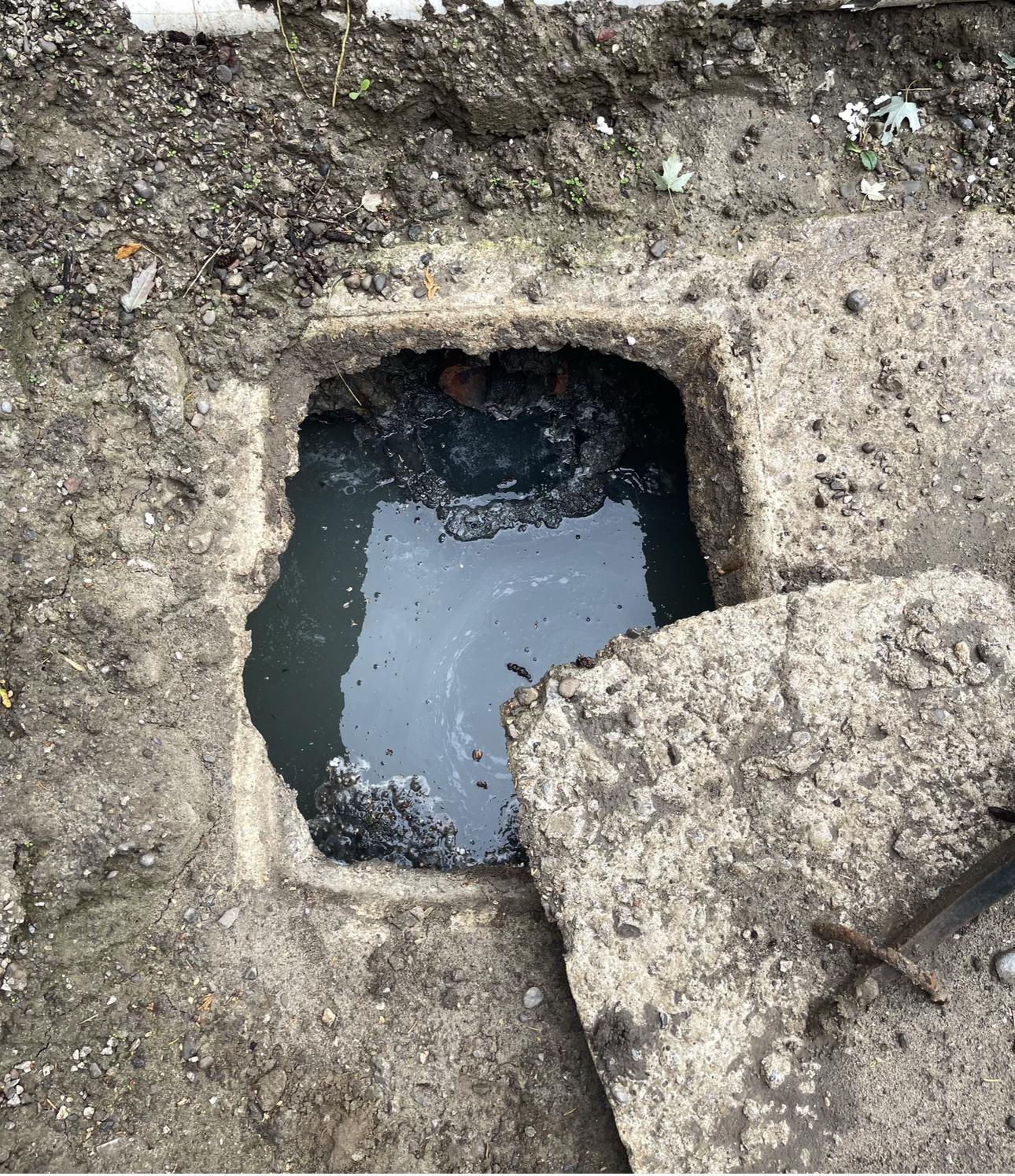
If you’re a homeowner in Indiana or anywhere else, chances are you have questions about your septic tank. From maintenance to costs and everything in between, understanding how to care for your septic system is essential for keeping your home running smoothly. In this guide, we’ll dive into the most common questions people ask about septic tanks and provide you with the answers you need to keep your system in top shape.
How much does it cost to pump a septic tank in Indiana?
The cost of pumping a septic tank in Indiana can vary depending on several factors, including the size of the tank, the accessibility of the tank, and the location of your property. On average, homeowners in Indiana can expect to pay between $200 and $500 for a septic tank pumping service. However, it’s essential to get quotes from multiple providers and ask about any additional fees that may apply to ensure you’re getting the best price for your needs.
How often should I pump my septic tank?
The frequency of septic tank pumping depends on several factors, including the size of your tank, the number of people in your household, and your water usage habits. As a general rule of thumb, most experts recommend pumping your septic tank every 3 to 5 years. However, if you notice any signs of a full tank, such as slow drains or foul odors, it may be time to pump your tank sooner.
How long does it take to pump out a 1000-gallon septic tank?
The time it takes to pump out a 1000-gallon septic tank can vary depending on several factors, including the equipment used by the pumping company and the condition of the tank. On average, it typically takes between 30 minutes to an hour to pump out a 1000-gallon septic tank. However, factors such as the depth of the tank and the amount of sludge present can affect the pumping time.
H2: What are the signs that your septic tank is full?
There are several signs that indicate your septic tank may be full and in need of pumping. These signs include:
- Foul odors emanating from drains or the yard
- Slow drains in sinks, showers, or toilets
- Standing water or soggy areas in the yard near the septic tank
- Gurgling noises coming from drains when using water fixtures
If you notice any of these signs, it’s essential to schedule a septic tank pumping service as soon as possible to prevent backups and other issues.
Why is my septic tank full after 1 day?
If your septic tank is filling up quickly, it could indicate a problem with your system, such as a leak or a blockage in the drain field. It’s essential to address these issues promptly to prevent further damage to your septic system and avoid costly repairs.
Can I shower if my septic tank is full?
If your septic tank is full, it’s best to avoid using water unnecessarily until the tank can be pumped. While taking a shower may not immediately cause a backup, it can contribute to an already overloaded system and exacerbate existing issues.
Should you flush every time on septic?
To prevent unnecessary strain on your septic system, it’s best to avoid flushing items that can clog or damage the system, such as wipes, sanitary products, and paper towels. Additionally, using water-efficient fixtures and avoiding excessive water usage can help prolong the life of your septic system and reduce the need for frequent pumping.
In conclusion, understanding the ins and outs of your septic tank is essential for maintaining a healthy and functional home. From the cost of pumping to the frequency of maintenance, we’ve covered the most common questions homeowners have about their septic systems. By staying informed and proactive, you can ensure that your septic tank continues to serve your household reliably for years to come. Remember, if you ever have any concerns or questions about your septic system, don’t hesitate to reach out to a qualified professional for assistance. Your home – and your peace of mind – will thank you.

